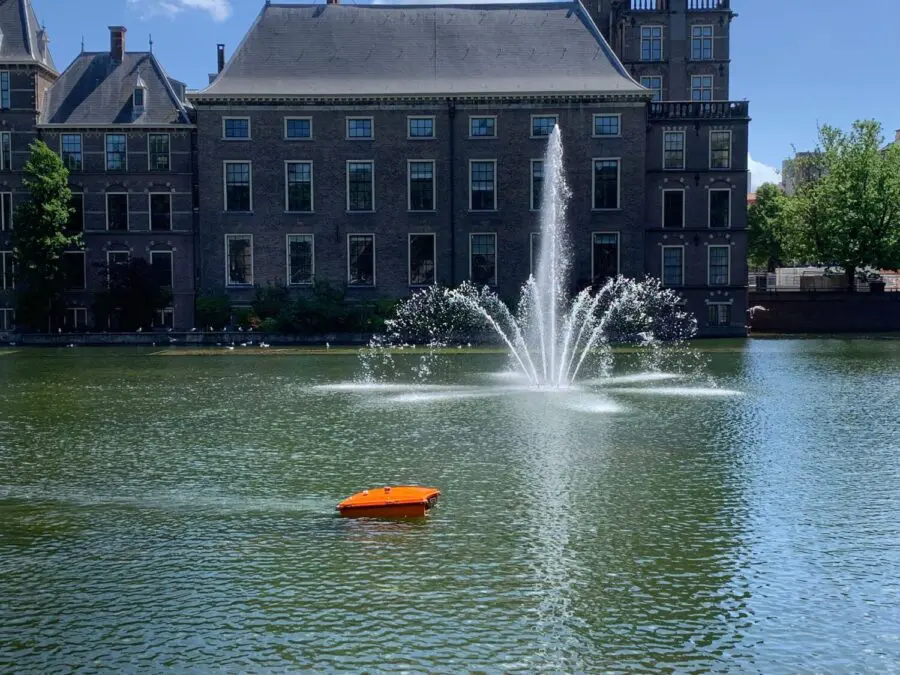Coral Reefs Ecosystem – Approximately 14 per cent of the world’s corals have been lost since 2009, according to the “Status of Coral Reefs of the World 2020” report, a quantitative analysis of a global dataset spanning from 1978 to 2019. According to Gabriel Grimsditch, United Nations Environment Programme (UNEP) marine ecosystems expert, “Coral reefs are one of the most sensitive ecosystems globally to the ravages of human activities,”
Despite covering less than 10% of the ocean, coral reefs are home to over 9 million species, about a fourth of all marine life, for food, shelter, and even for predators to hunt. Fish, invertebrates, birds, and megafauna including sharks, sea turtles, and marine mammals are among the species found on coral reefs. The conservation of coral reefs should be a global priority and apt measures should be implemented as soon as possible.
Coastal development, dredging, quarrying, destructive fishing practices and gear, boat anchors and groundings add to the factors leading to the destruction of coral reefs.
Most reefs in the world also suffer from poor water quality. Upon entering the ocean, polluted water carries sediment into the ocean. The sediment can smother coral reefs by blocking out the sunlight that corals require to grow. Poor water quality also makes it hazardous for the various living organisms in the habitat.
The importance of clean water bodies has been emphasized time and again and these facts and figures just add a little more evidence to support it. Right now we need a lot more effort than just creating awareness. What we need is the adaptation of efficient and innovative ways that can help us to keep the oceans clean and thus create a clean habitat for the coral reefs to flourish. The inventions like the “WasteShark” by Dutch company RanMarine and FRED by the US-based organization Clear Blue Sea are a few examples that have proved to be both efficient and easy ways of cleaning water bodies.
The WasteShark, according to RanMarine, is designed for in-shore applications, where garbage and biomass tend to gather. When compared to competing options, WasteShark provides a simple and effective method of capturing floating garbage. Ranmarine was founded in 2015 by Richard Hardiman. The company has received funding from EASME based in Belgium and Rajat Khare’s Boundary Holding. The above-mentioned points can just be a part of the complete solution, the other major part being the active participation of people, organisations and governments. From making minor changes in the ways of disposing of trash to choosing the use of eco-friendly fertilizers we can contribute in a lot of ways. “Climate action and reduction of localized threats must go hand-in-hand if we want coral reefs to survive for future generations to enjoy and benefit from them,” says Grimsditch.







